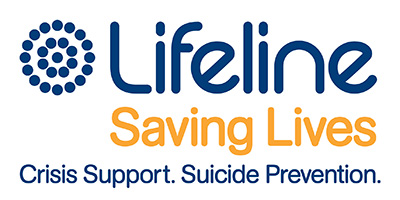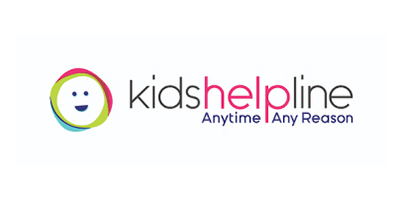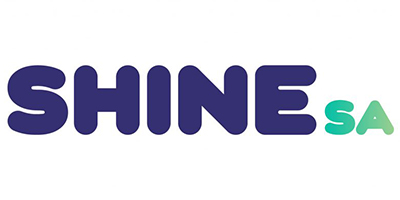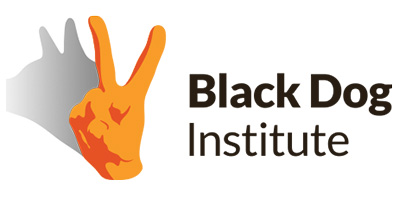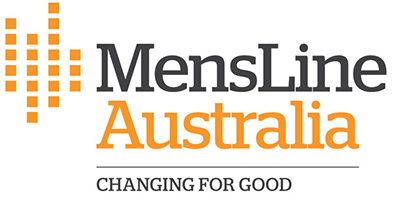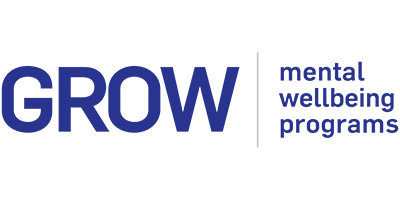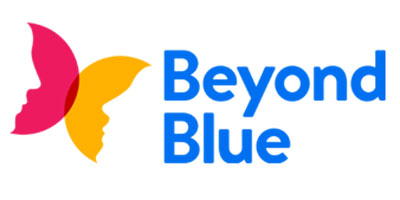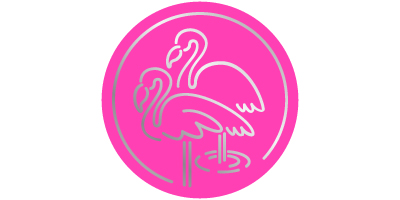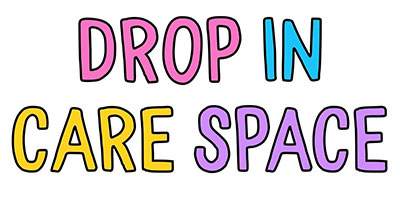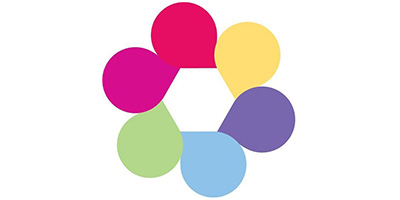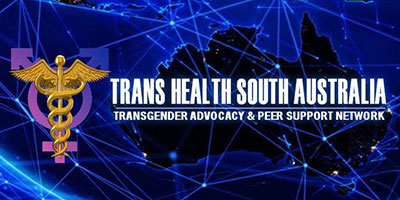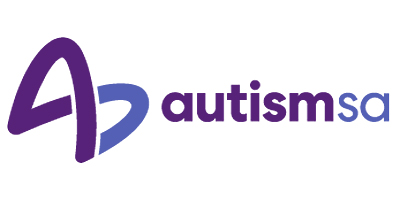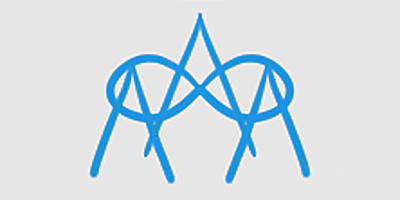Mental Health Resources
Information to Help.
The team at Better Self have created an extensive list of Books, Websites and Community Services that can support a wide range of mental health challenges and personal interests.
Please explore the resources provided but don’t forget to also read our Psychology Articles and Frequently Asked Questions.
Books for Parents and Caregivers.
A range of information to learn more about looking after you and your family’s mental health.
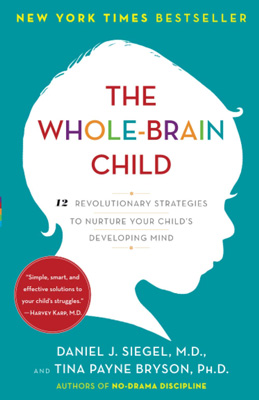
The Whole-Brain Child: 12 Revolutionary Strategies to Nurture Your Child's Developing Mind.
Daniel J. Siegel and Tina Payne.
This book is written for parents and caregivers to help support children’s emotional and neurological development. It includes practical parenting strategies alongside scientific explanations about why certain parenting approaches are good for your child’s brain development and emotional regulation. If you are a parent or caregiver who is interested in understanding their children’s developing minds and how to best support their child’s happiness and resilience, this book is for you. We like it because it breaks down the theory into clear, actionable steps. It’s a fairly short read with practical, evidence-based advice explained in an easy-to-understand way.
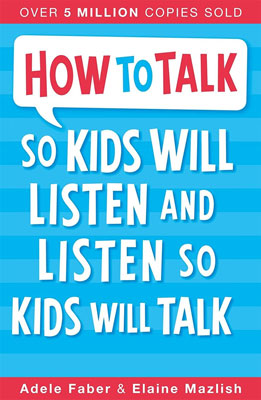
How To Talk So Kids Will Listen & Listen So Kids Will Talk.
Adele Faber and Elaine Mazlish.
This book has practical advice for parents, with topics including how to cope with your child’s negative emotions, setting firm limits, and resolving conflicts peacefully. If you’re struggling to get through to a willful child, this book can help guide you in communicating with them. As well as being filled with great cartoons to illustrate key points, this book aims to help diminish the kitchen screaming matches and improve your relationship with your child. It isn’t called the parenting bible (Boston Globe) for nothing.
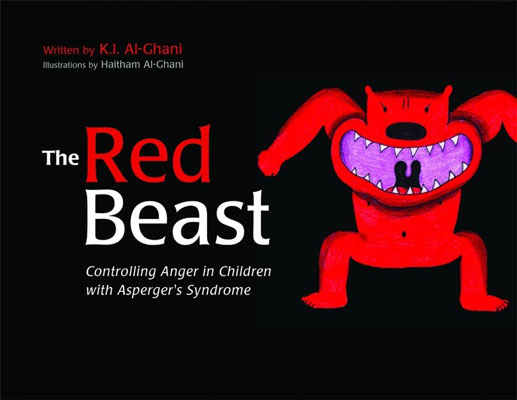
The Red Beast: Controlling Anger in Children with Asperger's Syndrome
Kay Al-Ghani.
This children’s book (for kids aged 5 and up) is a great tool for parents to talk to their children about anger in a fun and accessible way. It also has useful tips for parents about ‘taming the red beast’ and information about how anger affects kids with autism. Although this book was written with autism in mind, it offers useful insight for any child learning to grapple with their emotions.
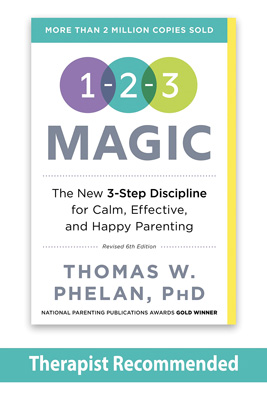
1-2-3 Magic: Effective Discipline for Children 2-12.
Thomas W. Phelan.
1-2-3 Magic is a parenting book for caregivers of children aged 2 to 12. The book breaks down parenting strategies into three tasks; controlling negative behaviour, encouraging good behaviour, and strengthening your relationship with your child. The book aims to help parents from the trap of over-explaining themselves or negotiating with children, using clear boundaries and gentle discipline. If you’ve ever struggled with discipline and find your children only respond when the screaming starts, this book could help. Not only does this book aim to help you create a calmer, happier home, it also aims to improve your relationship with your children.
Books for Teens and Parents of Teens.
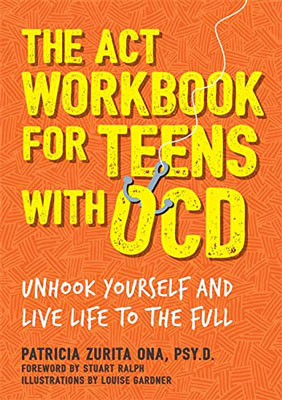
The ACT Workbook for Teens with OCD.
Patricia Zurita Ona.
This workbook for teens with OCD is based on acceptance and commitment therapy (ACT). ACT aims to help people behave more consistently with their own values and apply mindfulness and acceptance skills when faced with uncontrollable experiences. This self-help book teaches teens skills through activities to help them overcome their obsessions and compulsions. It includes real world examples and aims to help teens live a life which is personally meaningful and in accordance with their values.
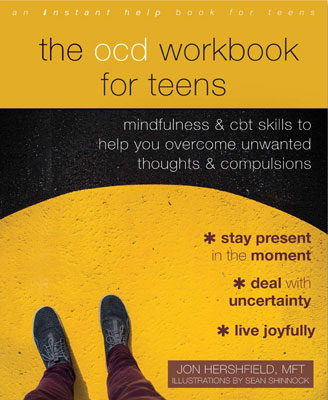
The OCD Workbook for Teens.
Jon Hershfield.
This workbook teaches teens mindfulness and cognitive behavioural therapy skills to manage and overcome OCD. It aims to teach teens how to stay present in the moment, manage obsessive thoughts and compulsions, and accept uncertainty to ultimately thrive in all aspects of life. While this book is thorough in its explanations of OCD and the value of the skills taught within it, the book is also short and accessible with only a little over 100 pages.
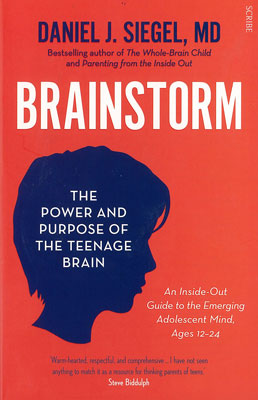
Brainstorm: The Power and Purpose of the Teenage Brain.
Daniel J. Siegel.
A great book for teenagers or caregivers who are trying to understand teenagers, Brainstorm will give you a peek inside the teenage brain. During adolescence, the teen brain undergoes tremendous growth as it readies itself for the ‘real’ world. This book illustrates how a teen’s brain development impacts their behaviour and relationships, and how caregivers can help set children up for the future during this period. This is a great book for any caregiver who has ever questioned the actions of a teen in their life or wondered how they could best support them as they become young adults.
Books for Adult Well-Being.
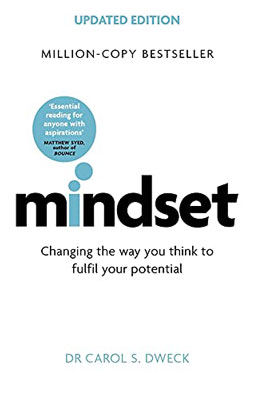
Mindset: Changing The Way You think To Fulfil Your Potential.
Carol Dweck.
This book focuses on the difference between a ‘fixed’ and ‘growth’ mindset and how your mindset can be changed. In short, a fixed mindset is a belief that you are born with certain characteristics like intelligence or different talents, and that they are set in stone. People with a fixed mindset might seek easy opportunities to prove themselves and avoid challenges where they might fail (thereby missing opportunities for growth). In contrast, a growth mindset acknowledges that people may have different starting points but that you can change and grow through practice and experience. People with this mindset might seek out challenges and see setbacks as opportunities for growth. If you’ve ever felt held back by a fear of failure this book is for you.
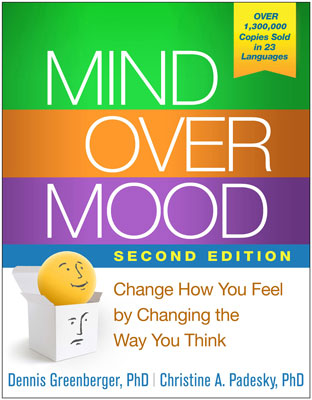
Mind Over Mood: Change How You Feel by Changing the Way You Think.
Dennis Greenberger and Christine Padesky.
This self-help book can help you navigate various issues (such as depression, panic attacks, anxiety, anger, guilt, shame, low self-esteem, eating disorders, substance use, and relationship problems). Using a cognitive behavioural approach, this book will teach you practical skills for dealing with uncomfortable emotions. Buying the book also allows you to download various worksheets and exercises. Overall, this book is helpful to anyone wishing to overcome or address emotional and psychological concerns. Cognitive behavioural therapy is recommended for people with anxiety and depression in particular.
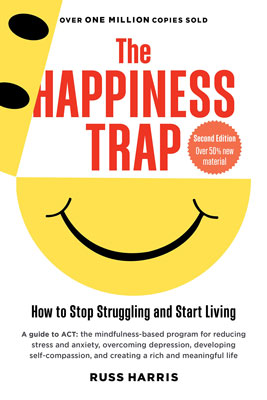
The Happiness Trap: How to Stop Struggling and Start Living.
Russ Harris and Steven C. Hayes.
Using the principles of acceptance and commitment therapy, this book aims to help readers create a more satisfying and meaningful life. The techniques covered in this book target insecurity and self-doubt, self-defeating habits and stress/worry. Furthermore, the book aims to help you better manage painful feelings and thoughts. Whether you are struggling with your mental health, or simply want to improve your well-being, this book offers valuable skills to improve your quality of life.
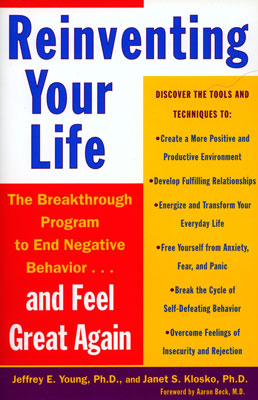
Reinventing Your Life: How to Break Free from Negative Life Patterns and Feel Good Again.
Janet S. Klosko and Jeffrey E. Young.
This book will help you discover your patterns of thinking, feeling, and relating to other people. Often these patterns develop in early childhood and may have served an important purpose at the time. Although familiar, these patterns may no longer be serving you now, and could be leading you to make the same mistakes repeatedly as an adult. This book encourages the reader to reflect on and change these unhelpful patterns in their life using the principles of schema therapy. If you’ve noticed negative patterns in your life or relationships like putting the needs of others above your own, having unrelenting standards, or maybe avoiding situations you find uncomfortable (to name a few) you could benefit from this book. It’s a useful tool to understand how your past influences your present, and how to take control of your future.
Social Groups and Community Services.
Grow Program.
Grow is a community-based program in which peers can meet to support and develop good mental health. Members are encouraged to share their well-being journey in the weekly meetings and learn from each other’s lived experiences with mental illness. Grow has groups all around Adelaide and online via Zoom. While it is not run by mental health professionals, it does offer the opportunity to learn from people who may have similar experiences. You can find out more on their website.
Beyond Blue.
Beyond Blue provides support and information about anxiety, depression, and suicide prevention. They provide free phone and online counselling sessions, which generally go for around 20 minutes. You can also access 6 free mental health coaching sessions through their NewAccess program. Their forums allow you to read, share and learn from people who understand what you’re going through. You can get in touch with them online or call them on (03) 9810 6100.
Healthy Families by Beyond Blue.
Healthy Families can help you support the well-being and mental health of young people in your life – whether you’re a parent, guardian, or other family member. They also aim to help you take care of your own mental health and wellbeing. They provide information on a range of topics from loss and grief, family break-ups, managing emotions, and developing social skills. As a subsect of Beyond Blue, you can access the same forums, and their phone or online counselling services.
LGBTIQA+ Community.
Moogaloo Mob & Blak Lemons.
Moolagoo Mob & Blak Lemons is an Aboriginal and Torres Strait Islander group which offers a social and support network for people who identify as LGBTIQA+. The group meets monthly in a safe and friendly environment to build new friendships, offer support, share information, and celebrate culture and diversity. Contact Moolagoo Mob & Black Lemons on Facebook to find out about meetings and events.
Feast Queer Youth Drop In.
Feast offers a bi-monthly drop in space for queer young people aged 15-25 to meet, feel comfortable and take part in activities planned by and for queer young people. Their events, which range from parties, live music and picnics, provide young people with the opportunity to meet people and build friendships. Feast’s events can be found on its website and Facebook page.
Drop In Care Space.
The Drop In Care Space is community run space in the city for people over 18. The Drop In Care Space welcomes everyone with a specific focus on being an affirming space for people who identify as queer, gender diverse, neurodivergent, disabled or living with mental illness. Drop in to connect with peers, pursue interests, access support or just play games and watch movies. The space has arts and crafts supplies, a LGBTQIA+ library, a kitchen, and a community garden. View their website for more information.
Catalyst Foundation.
Catalyst runs regular social events for LGBTIQA+ people and their friends and partners. Catalyst runs events specifically for people aged over 50 including an informal book club, regular coffee-catch ups and dinner nights at the pub. For more information or to come along to any of their social gatherings and events, please contact Sarah (LGBTI+ Project Officer) by calling 81688776 or emailing sarahchilds@catalystfoundation.com.au. You can also join Catalyst’s LGBTIQA+ Over 50s Facebook Group.
Trans Health South Australia.
Trans Health has a wealth of resources for transgender, gender diverse and non-binary people. They have a list of gender-affirming health practitioners, which is constantly being updated by the community. They also have information and advice on legal and medical issues which some gender-diverse people may face. View their website for more information.
Adults and Kids with Autism, and their Carers.
Autism SA.
Autism SA facilitates various groups/programs for autistic individuals and their families and carers. Their groups and programs are created for people throughout different life stages and age groups, from early years and school-aged children to school leavers and adults. Workshop content includes communication skills, food difficulties, friendships, relationships, and employment. Their groups and programs can be viewed here, or they can be reached by calling 1300 288 476.
Adelaide Autistic Adults.
Adelaide Autistic Adults is a free social group for adults with Autism. The group meets every second Saturday in the Adelaide CBD and usually has around twenty people attending their events. To join the group and find out about upcoming events, view their Meetup page.
Autism - Adelaide Mums Group.
This Facebook group is for Adelaide mums with autistic children to support each other and share what they’ve learnt and tried. The group is mainly used to share information and stories and does not organise regular meet-ups in person. It could be a great resource for mothers of autistic children who would like social support and to hear from people who understand their situation. You can join the group here.
Our Latest Articles.

Three Tips for a Healthy Relationship with Video Games
Globally, around 40% of the population plays video games with some regularity. In some age brackets, it’s estimated to be as high as 85%. That’s a huge proportion, and it’s a big reason why discussions about video games, mental health, and addiction are often heated ones.

Eating Disorders – The Male Perspective
Most mental health conditions vary to some degree in terms of their prevalence across sex and gender. However, I’d wager that eating disorders carry with them a perception of gender disparity that far outstrips most other mental health conditions.

Two Techniques for Cognitive Defusion
Are you becoming caught up in your thoughts? Thoughts are powerful. Your thoughts can change the way you feel, lead you to different actions, and dictate the course of your day.

